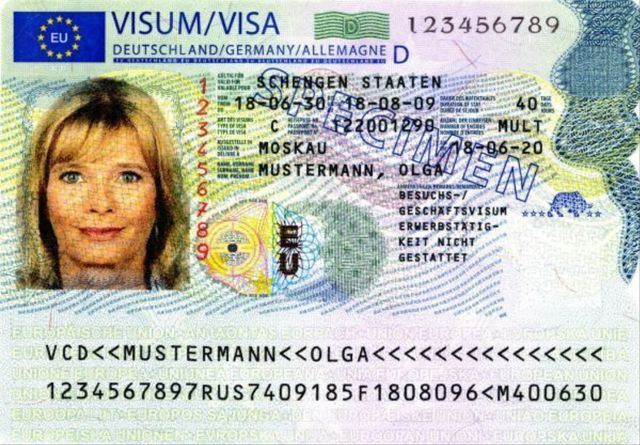Understanding the Skilled Workers Visa in the UK

Introduction to the Skilled Workers Visa
The Skilled Workers Visa has become a significant part of the UK’s immigration strategy, allowing employers to hire individuals from outside of the UK to fill specific skill shortages. As the economy continues to evolve, this visa plays a crucial role in enhancing the domestic workforce and meeting the demands of various industries. In light of recent labour shortages exacerbated by the COVID-19 pandemic and Brexit, the relevance of the Skilled Workers Visa has never been more pronounced.
The Importance of the Skilled Workers Visa
Launched in December 2020, the Skilled Workers Visa replaced the previous Tier 2 Visa system. It is designed to attract skilled talent across different sectors, including healthcare, engineering, and technology, vital for driving economic growth and innovation. According to the UK Home Office, around 50,000 Skilled Workers Visas were issued in the first year of operation, highlighting its immediate impact.
Eligibility and Application Process
To qualify for a Skilled Workers Visa, applicants must meet specific criteria, including holding a job offer from a UK employer with a valid sponsorship licence. The job must meet the minimum skill level and pay threshold, currently set at £26,200 per annum or the ‘going rate’ for the particular role, whichever is higher. The process involves an online application, payment of a visa fee, and health surcharge, alongside the submission of necessary documentation supporting employment and language proficiency.
Benefits of the Skilled Workers Visa
One of the key benefits of the Skilled Workers Visa is its pathway to permanent residency. After five years of continuous residence in the UK, holders can apply for Indefinite Leave to Remain (ILR), allowing them to settle in the country. Furthermore, this visa provides the opportunity for families to join skilled workers, enhancing the appeal for professionals seeking to relocate.
Current Trends and Future Outlook
As the UK continues to recover from the economic impacts of the pandemic, the demand for skilled workers remains robust. Recent statistics from the Institute for Employment Studies indicate a growing need for skilled professionals in sectors such as healthcare and digital technology. This trend underscores the increasing significance of the Skilled Workers Visa not only for employers looking to fill their gaps but also for individuals seeking a fresh start in the UK job market.
Conclusion
The Skilled Workers Visa remains a vital tool in addressing the challenges faced by the UK labour market. By facilitating the entry of qualified individuals to meet pressing skills shortages, this immigration policy supports both economic recovery and growth. As the landscape of work continues to evolve, the relevance of the Skilled Workers Visa will likely strengthen, paving the way for a more diverse and skilled workforce in the UK.









